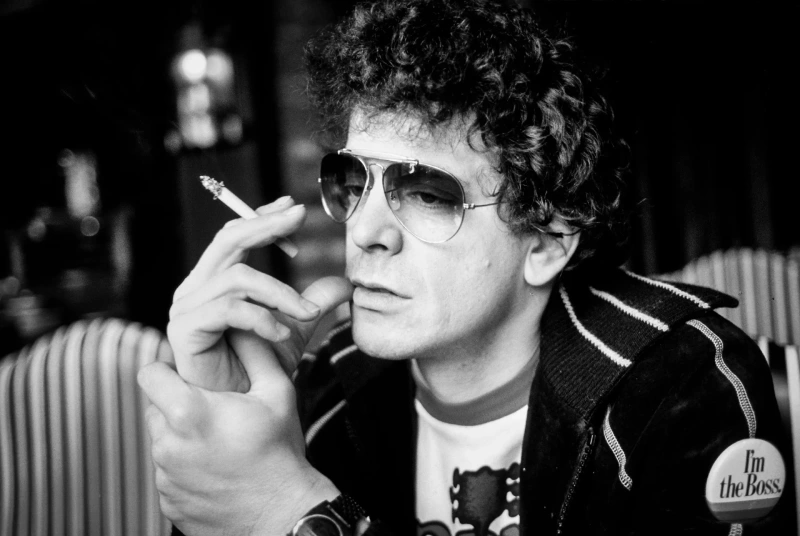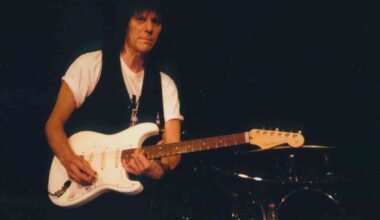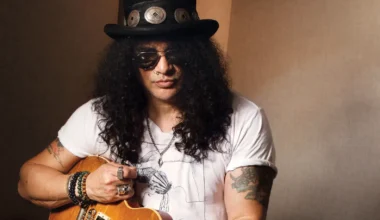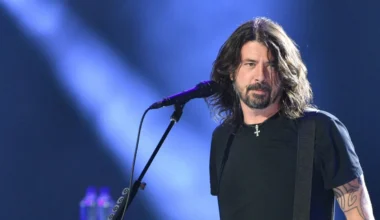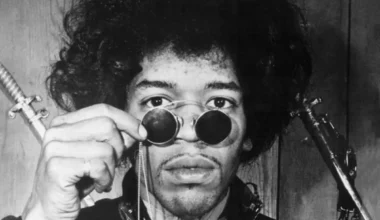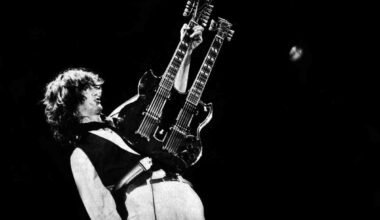Every generation produces one or two truly exceptional songwriters. How many of all the people who sit down to write a track thinking they’ll write the next epic poem walk away having pulled it off? Lou Reed was among the select few who consistently created captivating music. However, he regarded Leonard Cohen as the ultimate master of lyrics.
Rock and roll was no longer considered a passing fad when Reed got started. Granted, some bands were taking the spirit of the genre and running with it. However, Reed was certain he wanted to do more than just write songs about cars, surfing, and good times. The Velvet Underground were practically the antithesis of what good music was meant to be. His music had to mean something.
Simultaneously, a modest Canadian songwriter had already begun to gain popularity. While musicians such as Joni Mitchell were consistently producing albums with exquisite tone poems, listening to Cohen’s renditions of songs like “Suzanne” was like watching a bygone era of romantic drama.
Cohen’s words, unlike Reed’s, often resemble lines from a Victorian poem. Cohen had a softer touch, almost lulling you in with his soft-spoken demeanor before dropping a lyrical gem that could stick with you. Lou Reed, on the other hand, was always focused on the guttural side of rock and roll.
Reed acknowledged that he was one of the lucky few who got to hear Cohen perform. He did so when he inducted him into the Rock and Roll Hall of Fame. He remarked, “You get to really appreciate somebody’s songs when you sing them.” The lyrics “I showed my heart to the doctor. He said I’d just have to quit. Then he wrote himself a prescription. And your name was mentioned in it” are taken from “One Of Us Cannot Be Wrong.” That was where he could have ended it. He simply gets better. We are extremely fortunate to be alive when Leonard Cohen is.
Reed and Cohen shared one trait, despite Reed’s typical audience being art-school musicians seeking to fuse rock and roll with poetry: the need to never be satisfied. Considering how their careers turned out, they were always pushing themselves to write the next great song, whether it was Cohen giving the world “Hallelujah” almost two decades into his career or Reed turning into a glam rocker on Transformer.
Even as their lives were coming to an end, they remained incredibly hungry. While Reed continued to experiment with genres with Metallica on Lulu and contributed to songs by Gorillaz, Cohen’s You Want It Darker takes a candid approach to dealing with death. It might be a good choice to be placed alongside David Bowie’s Blackstar.
In fact, Reed and Cohen were among the select few artists who were inextricably linked to their creations. Even though they may have appeared to be regular people every time they left the stage, every time you hear their songs—whether from a jukebox or someone else—you’re hearing a lengthy account of their lives.

